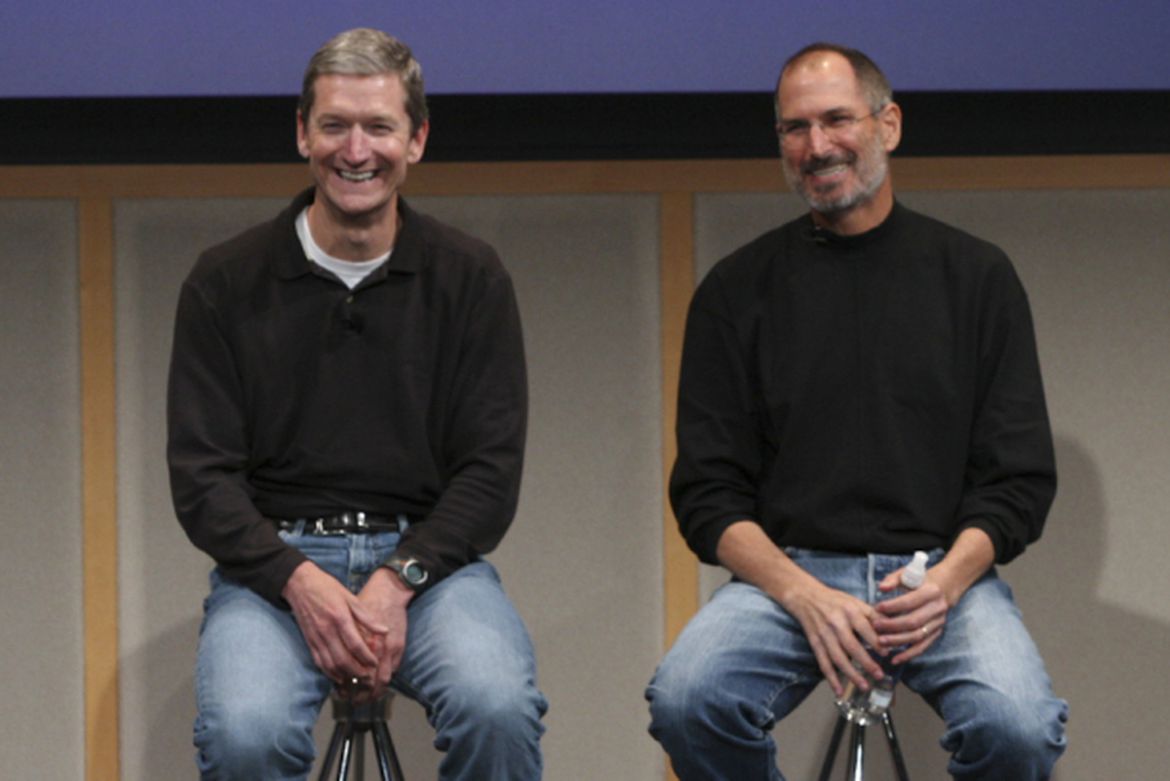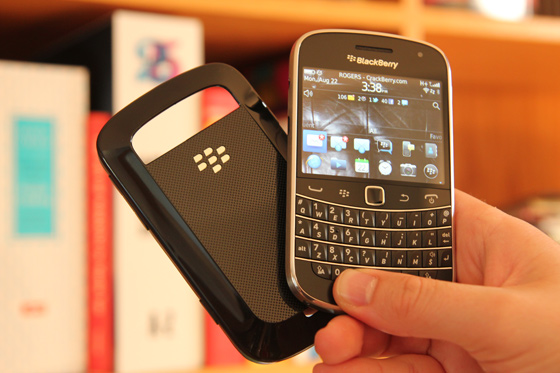You just finished a killer blog post. Reliving the process: first you had to pitch the idea to your editor. Then you reworked the angle to satisfy his feedback. Then it was research time, wherein you bumped up against facts that challenged your hypothesis. Finally, you penned the piece, sweating over decisions as light as commas, as lofty as conclusions.
Now, the post has been published. And you, like a wide-eyed kitten mesmerized by a shiny new object, sit in thrall to the whimsies of the web—watching, waiting, wishing for the big payoff.
Slowly, the clicks come trickling in. But why settle for a trickle when these numbers could be a raging torrent? As soon as your article goes live, it behooves you to SHOUT IT from the rafters. You labored so long and hard on the writing, shouldn’t you reward your efforts with a little promotion?
Indeed you should. In fact, every hack must now be his own flack.







